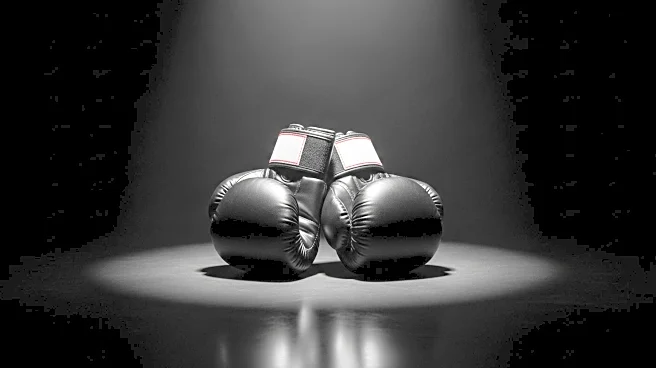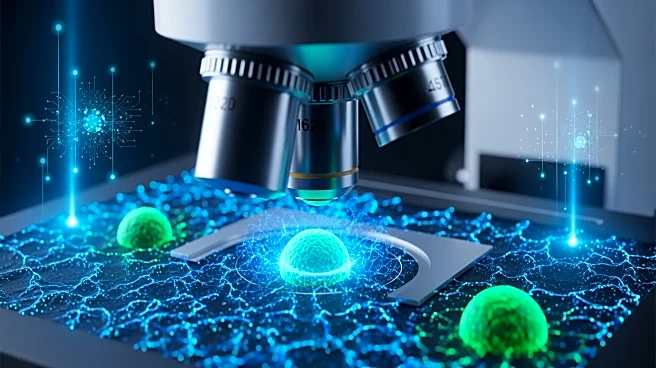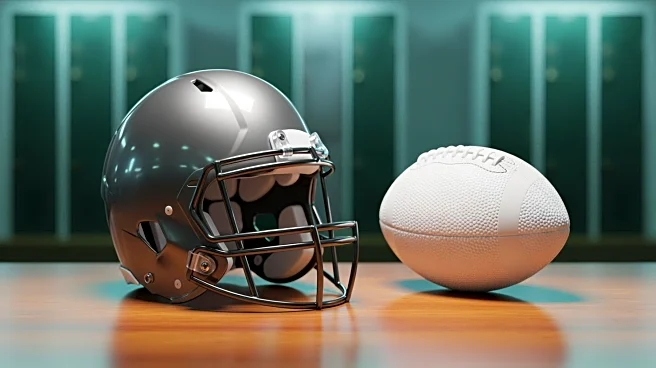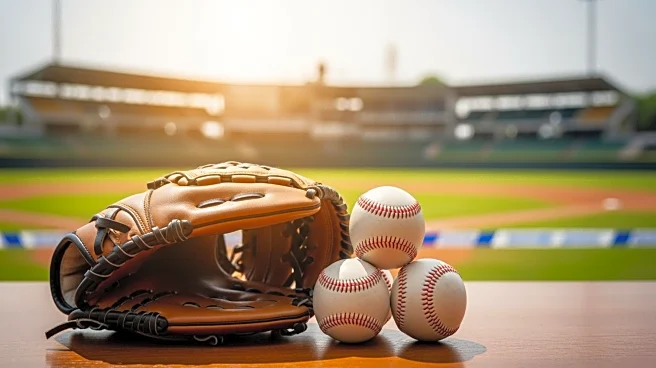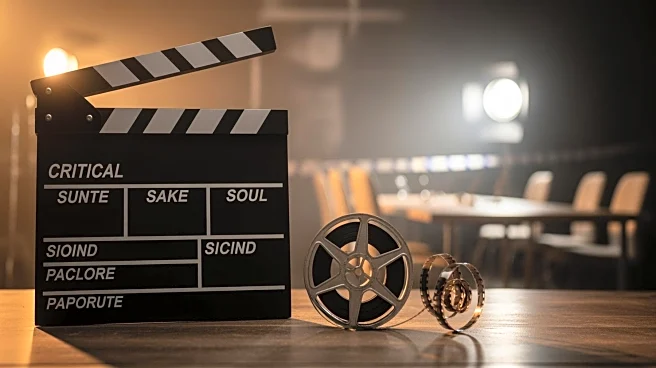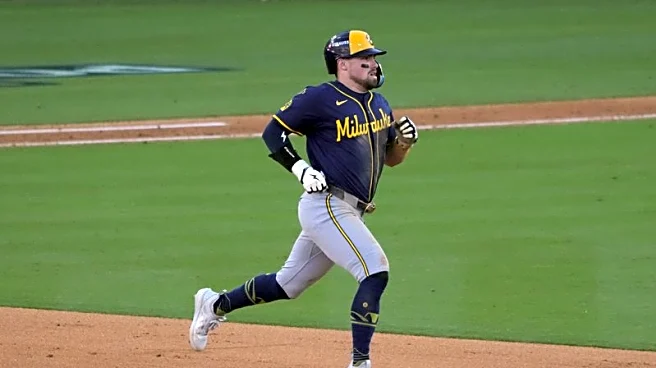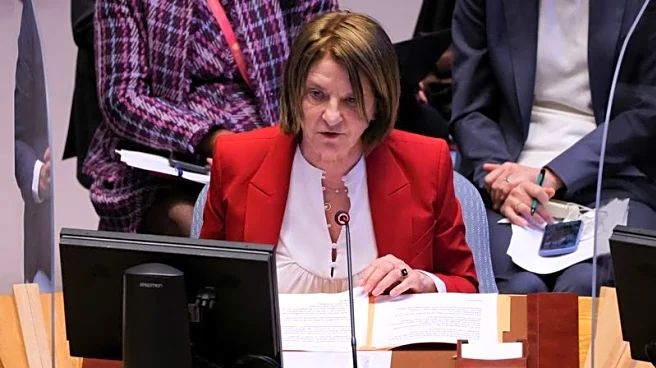What's Happening?
Arturo Gatti Jr., the son of the late boxing icon Arturo Gatti, has died at the age of 17. The World Boxing Association confirmed his death, expressing condolences and mourning his passing. Reports of Gatti Jr.'s death surfaced on social media and were corroborated by Chuck Zito, Gatti Sr.'s former bodyguard, and Gatti Jr.'s trainer, Moe Latif. Gatti Jr. was found dead in Mexico, where he lived with his mother, Amanda Rodrigues. He was pursuing a career in boxing, aiming to compete in the Olympics before turning professional. His father, Arturo Gatti Sr., died under mysterious circumstances in Brazil in 2009, initially ruled a homicide but later determined to be a suicide.
Why It's Important?
The death of Arturo Gatti Jr. is significant as it marks the loss of a young individual who was following in the footsteps of his legendary father in the boxing world. His passing is a poignant reminder of the challenges faced by those living in the shadow of famous parents. The boxing community, including organizations like the World Boxing Association and DAZN Boxing, has expressed deep sorrow, highlighting the impact Gatti Jr. had on those around him despite his young age. This event may also bring renewed attention to the circumstances surrounding Arturo Gatti Sr.'s death, which remains a topic of intrigue and speculation.
What's Next?
The immediate focus will likely be on providing support and privacy to Gatti Jr.'s family during this difficult time. The boxing community may hold tributes or memorials to honor his memory. Additionally, there could be discussions about the pressures faced by children of famous athletes and the support systems available to them. The circumstances of Gatti Jr.'s death may also prompt further investigation or public interest, especially given the historical context of his father's mysterious death.
Beyond the Headlines
Arturo Gatti Jr.'s death raises questions about the mental health and well-being of young athletes, particularly those with famous parents. It underscores the importance of providing adequate support and resources to help them navigate the pressures of living up to a legacy. The event may also lead to broader discussions within the sports community about the need for mental health awareness and support systems for athletes at all levels.
